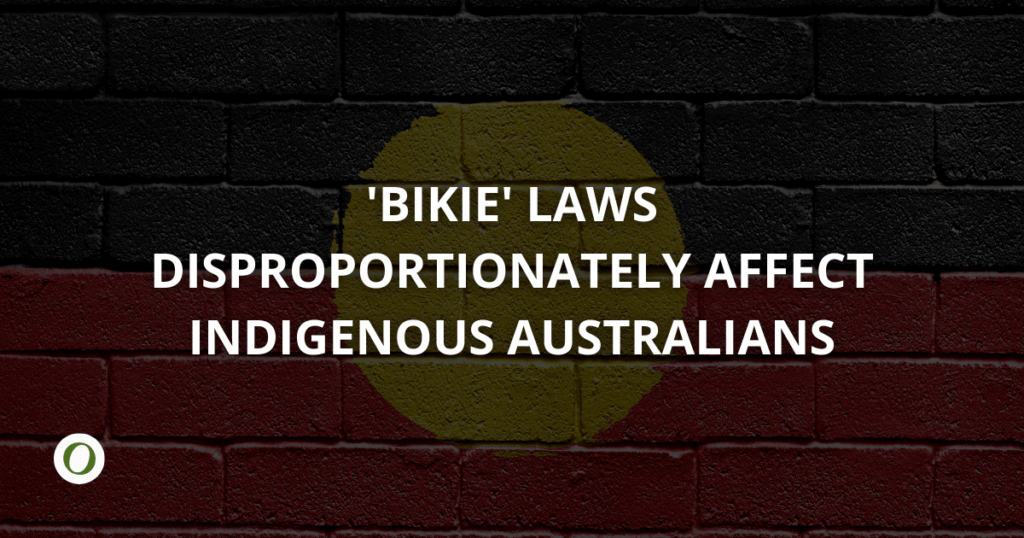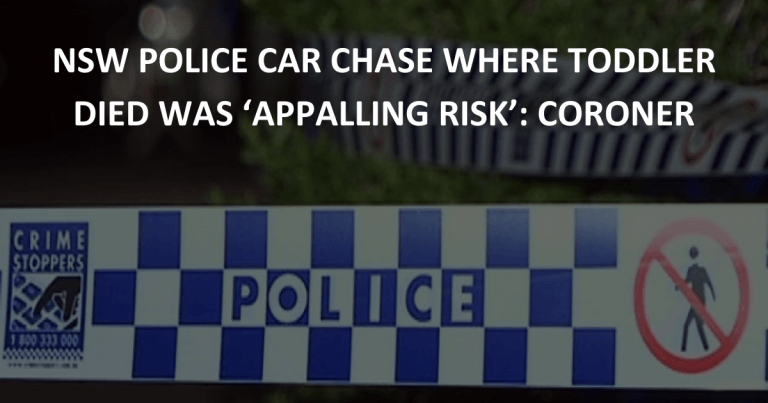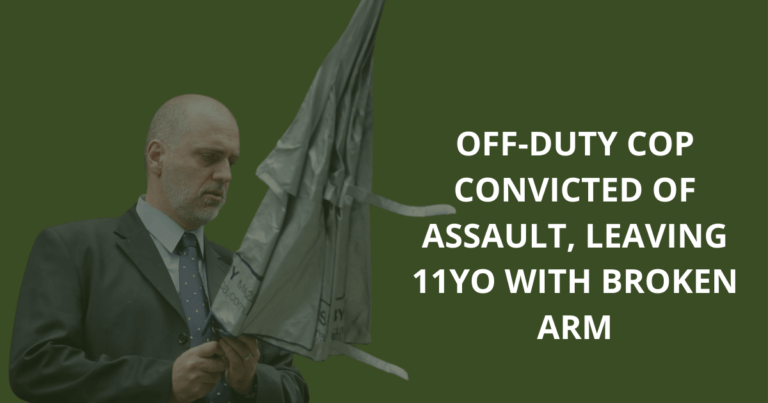Almost half of all people subject to consorting laws in New South Wales are Indigenous, according to an internal memo.
The Law Enforcement Conduct Commission (LECC) recently launched a review of the use of consorting powers. Preliminary findings of the review note the high volume of Indigenous Australians that are being affected by these laws.
Between February 2019 and June 2020, 40 per cent of all people subject to consorting laws, which aim to curb ‘bikie gang’ activity, were Indigenous. Indigenous Australians make up roughly 3 per cent of the Australian population, and 27 per cent of the prison population.
The memo was circulated at the Parliamentary committee investigation into the high rates of Aboriginal incarceration in NSW.
Cracking down on Bikie Gangs
 The powerful laws were introduced by former NSW Premier Barry O’Farrell in 2012 after a spate of drive-by shootings in Western Sydney. These were allegedly associated with motorcycle clubs.
The powerful laws were introduced by former NSW Premier Barry O’Farrell in 2012 after a spate of drive-by shootings in Western Sydney. These were allegedly associated with motorcycle clubs.
“The consorting law aims to prevent crime by disrupting organised criminal activity that establishes, uses or builds up criminal networks,” the consorting factsheet on the NSW Police website states.
The consorting law in New South Wales makes it a criminal offence for a person to continue to associate or communicate with at least two people who have previously been convicted of an indictable offence, after receiving an official police warning.
Too much discretion, not enough accountability
Since the laws began, concerns were raised as to the amount of discretion the NSW Police Force have.
In 2012, the ABC revealed that the first man to be jailed under these new laws was a 21-year-old man born with intellectual disability who was sentenced to up to a year’s jail for shopping, and walking with three friends who had prior convictions.
The NSW Ombudsman, in 2016, outlined that police were using the laws for minor crimes and targeting vulnerable groups including Indigenous Australians, children and the homeless. The report found that more than three-quarters of the warnings issued to children were unlawful.
“Consorting laws were aimed at organised criminal activity and drive-by shootings,” he said. “It’s absurd – and a misuse of power – to use these laws to overly target Indigenous Australians and young people,” Shadow Attorney-General Paul Lynch stated.
“High rates and over representation of Aboriginal people being subject to consorting laws just further entrenches systemic barriers against First Nations people. It leads directly to disproportionate incarceration rates.”
These laws, aimed completely away from Indigenous Australians, proves that any discretion handed to police is easily corrupted to target Aboriginal and Torres Strait Islanders.
Greens MP David Shoebridge stated that the Greens never supported these laws.
“The Greens opposed them because we knew they would unfairly target First Nations people. Now we can see, just like every discretionary police power, it’s the most marginal members of [the] community who face the brunt of them and that starts with Aboriginal people.
“Parliament needs to act on this evidence and restrict the use of consorting laws to cases involving a real risk of serious criminal offending and harm to the community.”






